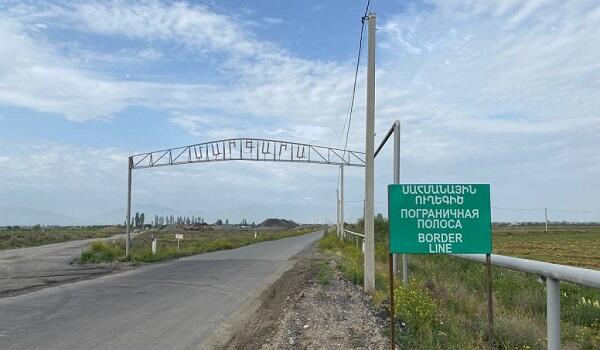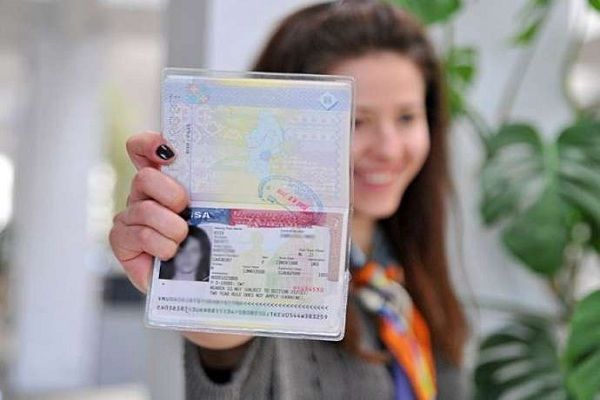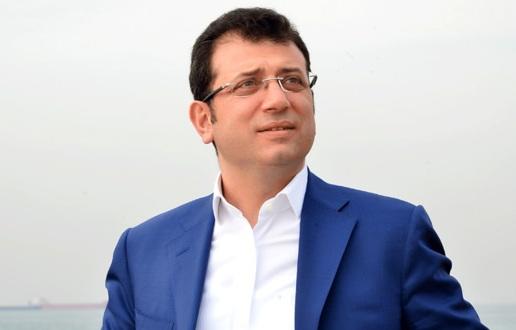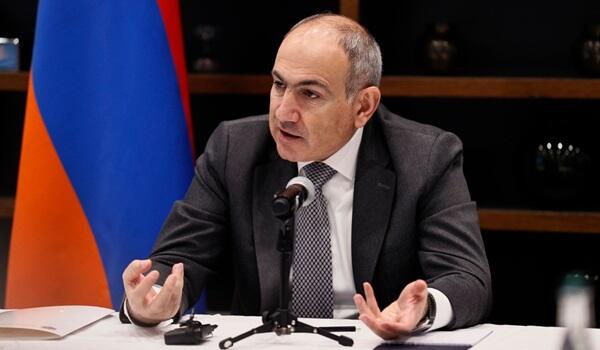Keeping important information from your partner, even if the information is about you, can be harmful for your psychological and physical health. Information hiding in a relationship is called protective buffering.
Axar.az reports citing Psychology Today.
The name makes sense—by keeping information a secret, you are trying to protect your partner by hiding information from them that you think is harmful. The old meaning of buffering, before it referred to slow loading internet videos, was to soften a blow or lessen the impact of a shock. People engage in protective buffering to protect their partners or loved ones and to protect themselves.
Most of the research on protective buffering is about hiding health related information and concerns to shield a partner from the stress that comes along with knowing about a diagnosis or symptoms. For example, people might hide their cancer diagnosis from their loved ones, perhaps to keep from stressing them out or burdening them with bad news they think they can handle on their own.
There are pros and cons to keeping information from our loved ones.
The pros:
Protective buffering can be a way of helping both you and your partner cope if it means s/he worries less.
Research has found that keeping the severity of a diagnosis from patients can increase their confidence in their ability to recover.
The cons:
Protective buffering leads to serious stress on the part of the secret keeper. The person keeping the secret is likely not getting the support they need from their partner during a time when they need support the most.
Protective buffering also harms the relationship. When/if the partner does eventually find out, it may strain the relationship.
Protective buffering goes beyond keeping health-related information from a partner.
In my own research, I have found that college students protect their parents by hiding their grades or concerns they are having about adjusting to college. If their parents are overly involved in their lives, they are likely keeping the information from their parents to protect themselves as well as their parents. So far, my team and I know that students who use protective buffering from their parents have worse adjustment to college in terms of academics and psychological health.
Drs. Andrea Joseph and Tamara Afifi at the University of California Santa Barbara surveyed military wives about how they protect their service members from the challenges they are facing at home while their partners are away. They found that if the wives thought their husbands were in dangerous situations at war they were more likely to keep family stress from them during deployment. For example, if their husband is in a combat zone, they might not want to share at length about the broken water heater and their child’s poor grades at school, since the husband has plenty to worry about in his current situation. While this makes sense, protective buffering in the military context still has negative implications for the wives’ physical and mental health.






















































